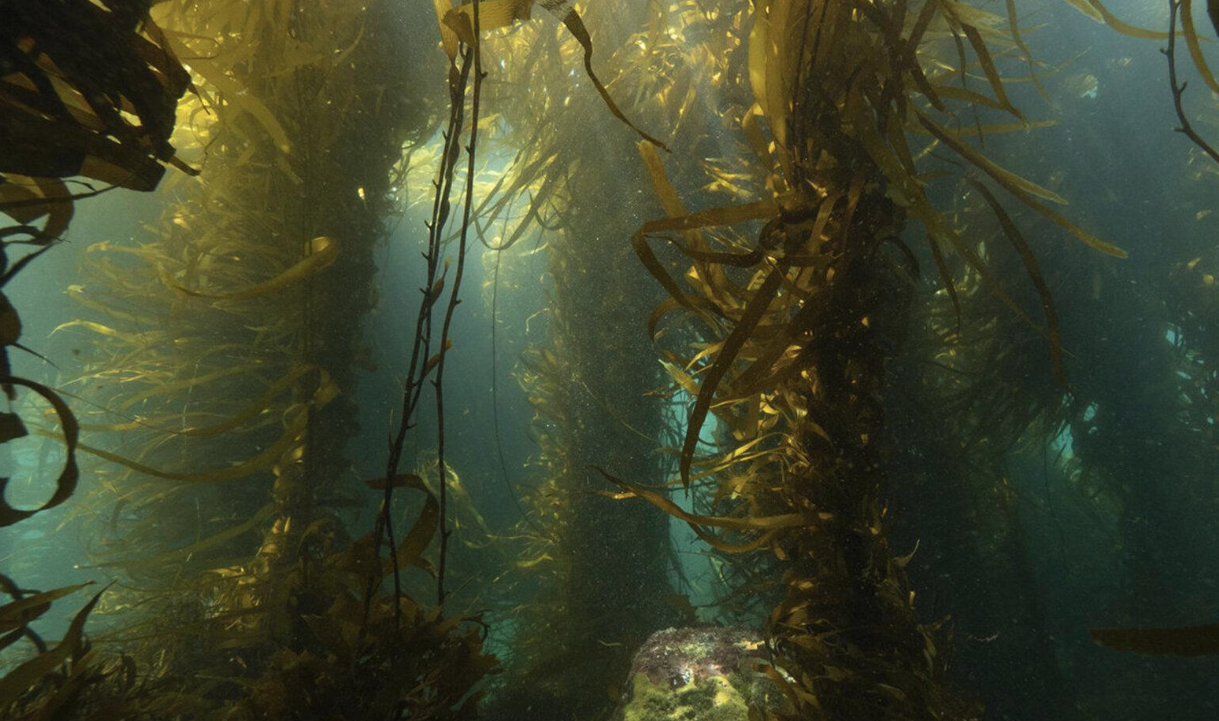


The role of behavioural science in world wildlife day
How can we promote conservation?
Behavioural science has an important role to play in protecting endangered species and their habitats. Harmful behaviours such as poaching, deforestation, and overfishing are driven by economic, cultural, and social factors. This World Wildlife Day, we decided to highlight how we can understand and change these factors, and therefore, develop effective conservation strategies to protect our wildlife.
Can behavioural science promote conservation?
In short, yes. We looked through our nature and wildlife conservation research projects and found four key areas where behavioural science can help mitigate environmentally harmful behaviours.

1. Increase motivation to care about conservation
People take care of things in proportion to how much they care about them. One way to make people care more about conservation is to expose them to more nature. Our Research Fellow Melissa Hatty recently examined the relationship between people's concepts of nature, their connection to nature, and their conservation behaviours.
She found that emphasising experiences of nature through language and the design of natural spaces encouraged greater connection with nature - a factor, which some research suggests, is critical for conservation behaviours.
2. Make it more convenient for people to do the right thing
People are much more likely to choose sustainable options if they are easy, and especially if they are easier than the alternatives. We can, therefore, reduce the friction of engaging in conservation behaviours, which will make them more likely to happen. For example, we might influence behaviour by changing project defaults. This could involve making the environmentally friendly choice the easiest, while making the less environmentally friendly option require more time and effort (e.g., submission of a request for an exception).
3. Use social influence
People are often influenced by the behaviour of their peers. Through emphasising social proof - that is, where people are guided by the actions and decisions of others - , or highlighting that the majority of people engage in sustainable behaviours, we can encourage others to do the same. For instance, research has suggested we can influence people’s energy consumption by giving them information about the usage in their community. This information can show people when similar households are using less electricity than they are, which can motivate them to reduce their usage.
4. Change incentives
People are often motivated by what they stand to lose, and occasionally gain, from performing a behaviour. Changing incentives can encourage conservation behaviours. For example, there is a long history of using fines and laws to reduce littering, fishing and hunting in order to protect environments and wildlife.

Our work on conservation
BehaviourWorks Australia started with a focus on environmental behaviour change.While we have broadened this focus to other areas, we still have strong partnerships with several organisations working to understand and improve conservation, including the Victorian Department of Environment, Energy and Climate Change (DEECA) and Zoos Victoria (ZV).

Our Director, Professor Liam Smith, is one of the leading experts from 11 Australian universities who have joined forces to form a new Biodiversity Council; an independent and reliable expert voice for biodiversity in Australia, with a focus on societal changes that can help protect our natural environment.
To learn more about our work, please visit our projects page.
Want to know more?
Contact us to partner on a research project or participate in a training course.
Written by Peter Slattery



.jpg)





